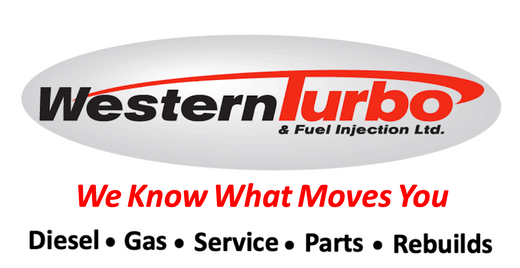Nearly everyone has heard of octane ratings. Octane is a measure of gasoline’s ability to reduce engine knock, which isn’t a concern in diesel since it doesn’t burn fuel in the same way. So with diesels, we have our own term for rating fuel, it’s called cetane. Along with such measures as lubricity and density, cetane rates the quality of our diesel fuel, in this case its combustion quality during ignition.
Also known as icocetane or hexadecane, cetane is the rating number of a diesel fuel based on laboratory testing of that fuel. Much like octane ratings in gas engines, these ratings are important in selection of the right fuel for a given engine. Some manufacturer’s will prescribe a minimum cetane rating for their vehicle engines to perform optimally.
Cetane is a colorless gas which easily ignites under compression with a minimal amount of heat applied. The higher the cetane rating, the higher quality rating of the fuel, with a perfect rating being 100. This base measurement is used to compare fuels, whose hydrocarbon components will variously impact their combustion quality.
North American diesel fuel cetane ratings are relatively low in comparison to those available in Europe and other regions. Consequently, fuel additives are often recommended, even required for some engines to run at their maximum efficiency. Additives such as Stanadyne Fuel Conditioner, available at Diesel Service Centre in Winnipeg, will enhance the cetane ratings of diesel fuel as well as reduce fuel consumption, help remove water from the fuel, and reduce wear.
